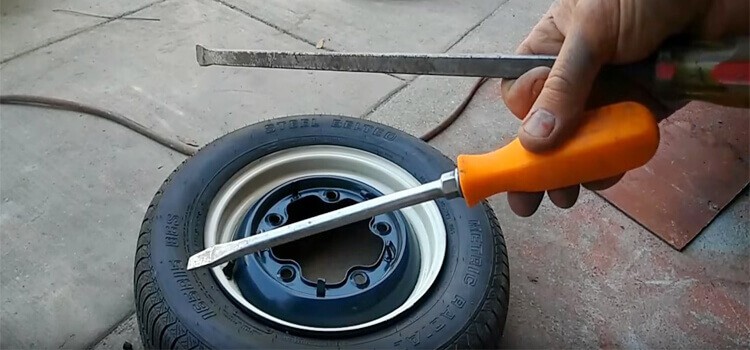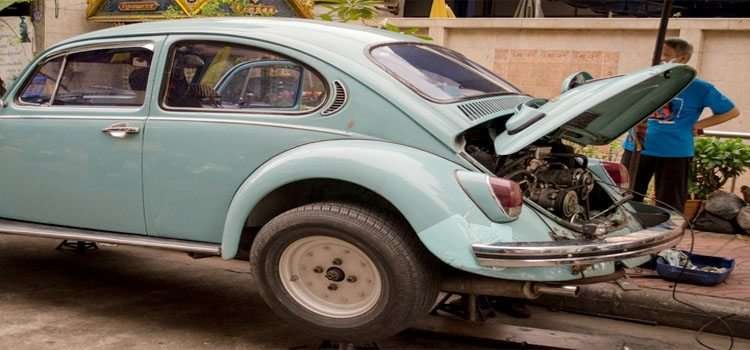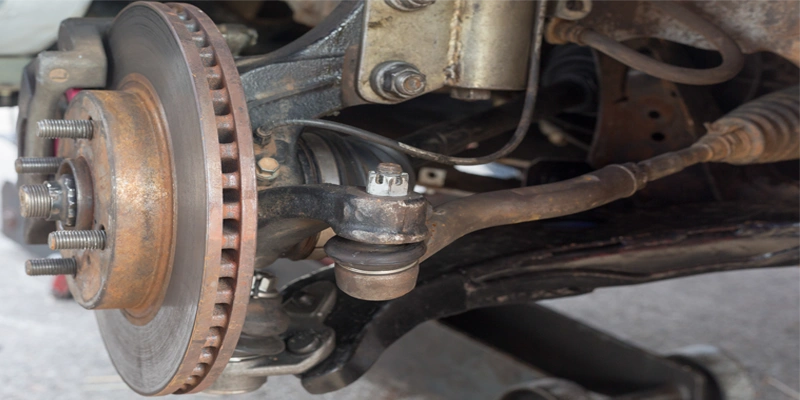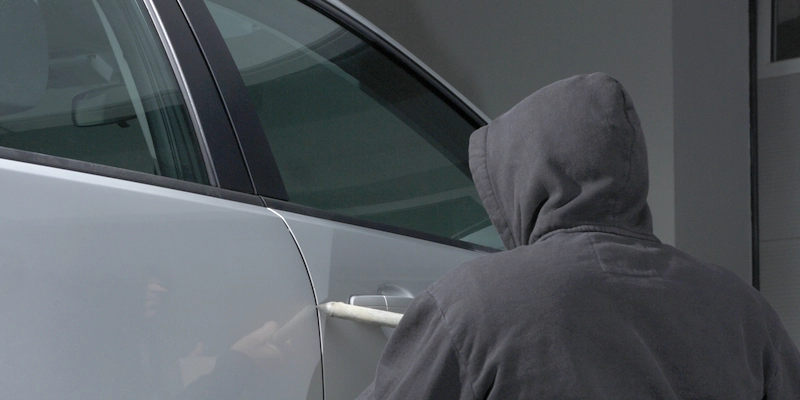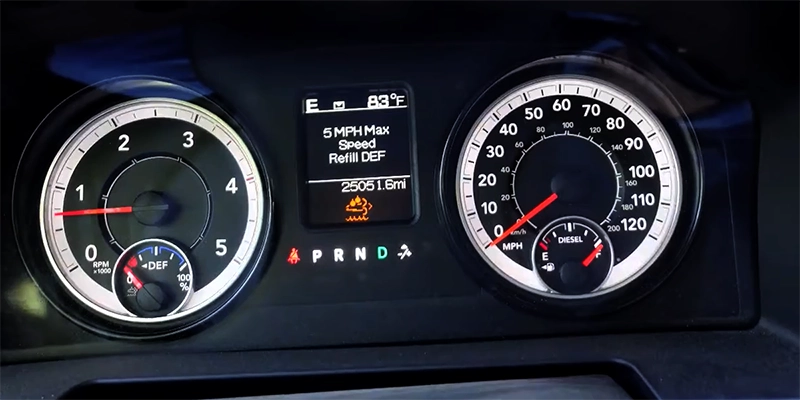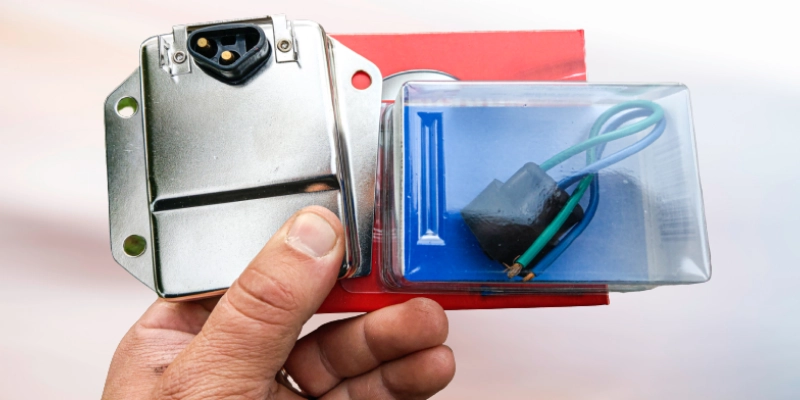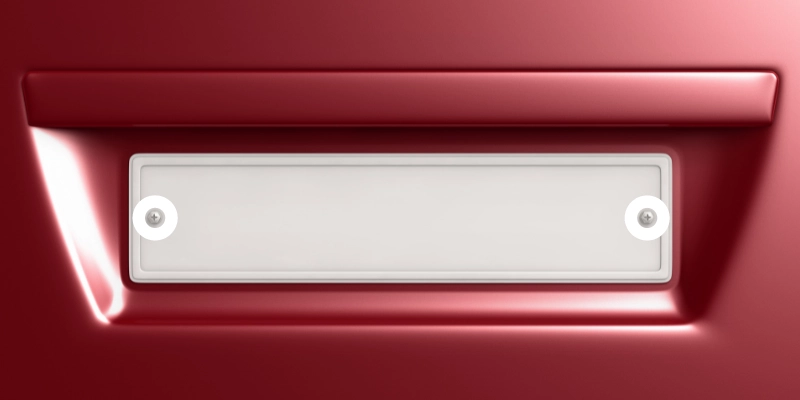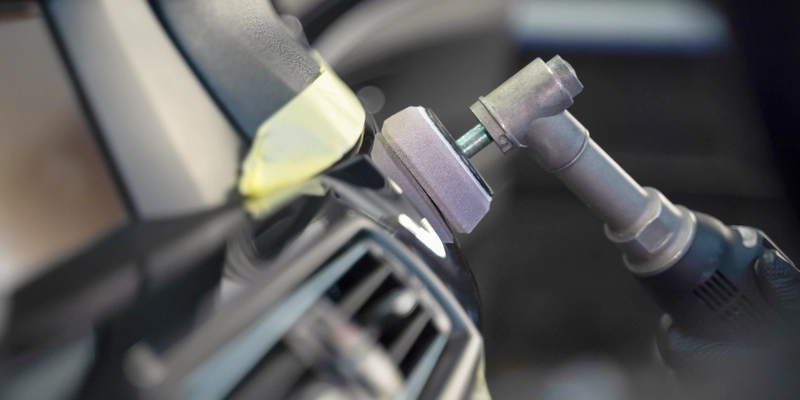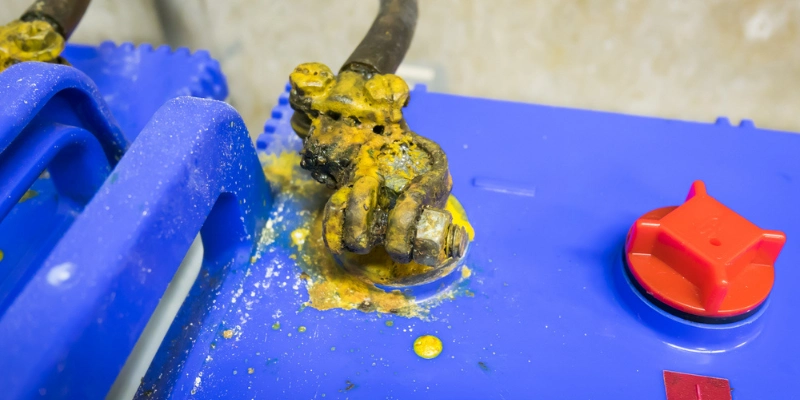Experiencing vibrations in your car when accelerating can be both unnerving and potentially dangerous.
It’s a common issue that many drivers face, and it’s crucial to understand why it happens and how to address it.
This article will delve into the reasons why a car vibrates when accelerating and provide insights into the common causes and potential solutions.
Common Reasons Why a Car Vibrates When Accelerating
There are several reasons why your car might vibrate when you accelerate. Here are some of the most common ones:
#1. Damaged Motor Mounts
The motor mounts keep your engine attached to the car. If they’re damaged, they can cause the engine to vibrate, especially when accelerating. Regular inspection and replacement of worn-out motor mounts can help prevent this issue.
#2. Disconnected Vacuum Hose
The vacuum hose in your car helps control the amount of air that reaches the engine. If it gets disconnected, it can cause the car to vibrate when accelerating.
Regular maintenance checks can help ensure that the vacuum hose is properly connected.
#3. Broken CV Joint
The Constant Velocity (CV) joint allows the wheels to maintain constant speed during turns.
If it’s broken or damaged, it can cause your car to vibrate when you accelerate. Regular inspections can help detect and repair a broken CV joint early.
#4. Bent Vehicle Axle
The axle is a crucial component of your car that helps in the rotation of the wheels. If it’s bent or damaged, it can cause your car to vibrate when accelerating.
Regular servicing can help detect and rectify a bent axle.
#5. Jammed Brake Caliper
The brake caliper is a crucial part of your car’s braking system. If it gets jammed, it can cause your car to vibrate when accelerating. Regular brake checks can help prevent this issue.
#6. Loose Bearings
The bearings in your car help reduce friction between moving parts. If they’re loose, they can cause your car to vibrate when accelerating. Regular servicing can help ensure that the bearings are tight and functioning properly.
#7. Faulty Propeller Shaft
The propeller shaft transfers power from the engine to the wheels. If it’s faulty, it can cause your car to vibrate when accelerating. Regular checks can help detect and repair a faulty propeller shaft.
#8. Unbalanced Car
If your car is unbalanced, it can cause vibrations when accelerating. Regular wheel alignments and tire rotations can help keep your car balanced and prevent this issue.
#9. Damaged Spark Plugs
The spark plugs ignite the fuel in your engine. If they’re damaged, they can cause your car to vibrate when accelerating. Regular spark plug checks and replacements can help prevent this issue.
#10. Unsecured Lug Nuts
The lug nuts secure the wheels of your car. If they’re loose or unsecured, they can cause your car to vibrate when accelerating. Regular tire checks can help ensure that the lug nuts are secured properly.
Understanding these common causes can help you identify and address the issue of your car vibrating when accelerating.
How to Identify the Cause of Car Vibrations When Accelerating
Identifying the cause of your car’s vibrations when accelerating can be a complex task.
While some issues can be identified through simple observation or basic DIY checks, others may require a professional diagnosis.
A professional mechanic has the tools and expertise to accurately diagnose the cause of the vibrations.
They can perform a thorough inspection of your car, checking all the potential problem areas mentioned above. This can save you time and potentially costly repairs down the line by identifying and addressing the issue early.
However, there are also some DIY methods you can use to identify the cause.
For instance, if the vibrations only occur when accelerating at certain speeds, it could be an issue with your tires or wheels.
If the vibrations are accompanied by a rattling noise, it could be a problem with your exhaust system.
Always remember, though, that while DIY checks can help, they are not a substitute for a professional diagnosis.
Addressing the Issue
How to Fix a Car That Vibrates When Accelerating
Once you’ve identified the cause of your car’s vibrations when accelerating, the next step is to address the issue. Here are some potential solutions for the common causes:
Addressing Tire-Related Problems
Tire-related problems, such as unbalanced tires or damaged wheels, are common causes of car vibrations. Here’s how to address them:
- Balancing Your Tires: If your tires are unbalanced, getting them balanced at a professional tire shop can help eliminate vibrations. This process involves adding small weights to the tires to ensure they rotate evenly.
- Checking Tire Pressure: Incorrect tire pressure can also cause your car to vibrate. Make sure to check your tire pressure regularly and inflate them to the recommended PSI.
- Inspecting for Tire Damage: Damaged or worn-out tires can cause vibrations when accelerating. Regularly inspect your tires for any signs of damage and replace them if necessary.
Fixing Joint-Related Problems
Joint-related problems, such as a broken CV joint, can cause your car to vibrate. Here’s how to address them:
- Replacing the CV Joint: If your CV joint is broken or damaged, it will need to be replaced. This is a complex task that should be done by a professional mechanic.
- Lubricating the Joints: If your joints are simply dry or rusty, lubricating them can help eliminate vibrations. This can be done using a high-quality automotive lubricant.
Dealing with Spark Plug-Related Problems
Spark plug-related problems can also cause your car to vibrate. Here’s how to address them:
- Replacing the Spark Plugs: If your spark plugs are damaged or worn out, they will need to be replaced. This is a relatively simple task that can be done at home with the right tools.
- Checking the Spark Plug Wires: Damaged or loose spark plug wires can also cause vibrations. Make sure to check the wires regularly and replace them if necessary.
Other Potential Solutions
If the above solutions don’t resolve the issue, there are other potential causes that you can address:
- Checking the Engine Mounts: Damaged or worn-out engine mounts can cause your car to vibrate. If this is the case, the mounts will need to be replaced.
- Inspecting the Drive Shaft: A bent or damaged drive shaft can cause vibrations when accelerating. If this is the case, the drive shaft will need to be replaced.
- Checking the Wheel Bearings: Loose or damaged wheel bearings can cause your car to vibrate. If this is the case, the bearings will need to be replaced.
Remember, while some of these tasks can be done at home, others should be left to a professional mechanic. Always prioritize safety and don’t attempt any repairs that you’re not comfortable with.
FAQs
Here are some frequently asked questions about car vibrations when accelerating:
Why does the passenger side of my car vibrate when I accelerate?
Why is my car vibrating when I try to accelerate?
Can a transmission cause vibration when accelerating?
Final thoughts
Understanding why your car vibrates when accelerating is crucial for maintaining your vehicle’s performance and safety on the road.
This article has provided insights into the common causes of car vibrations and potential solutions.
Remember, while some issues can be identified and fixed at home, others require a professional diagnosis and repair.
Always prioritize safety and ensure that any vibrations are addressed promptly to prevent further damage to your car.
 Skip to content
Skip to content
